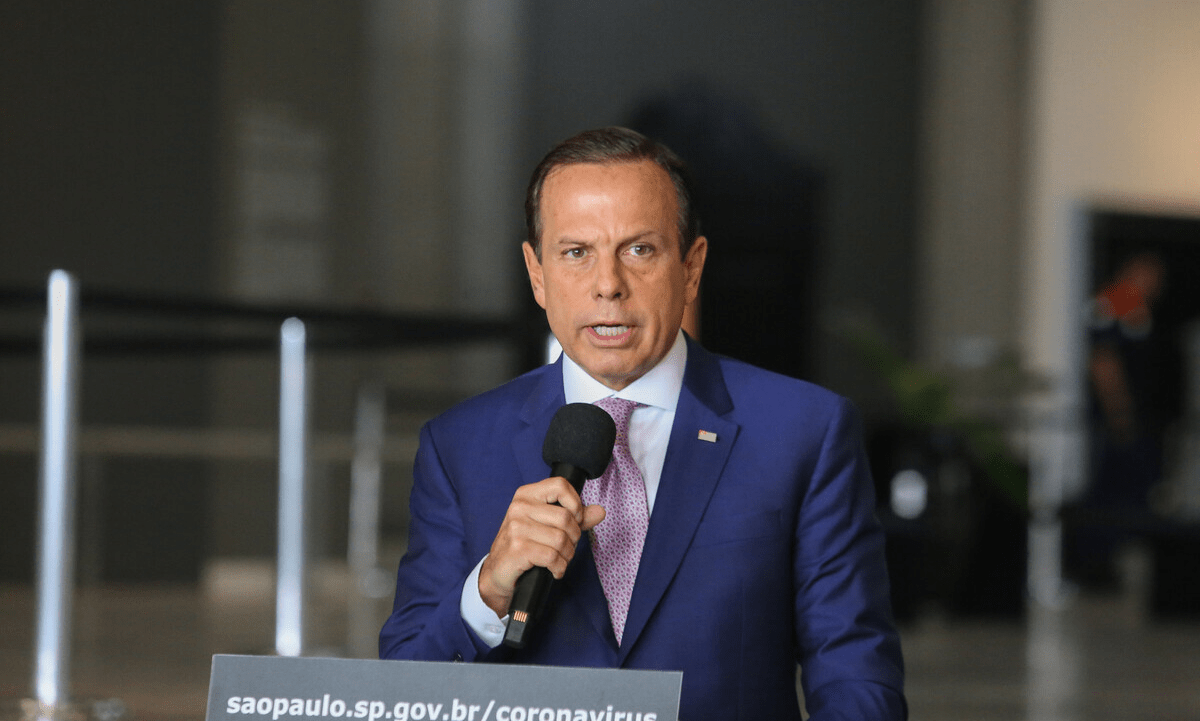RIO DE JANEIRO, BRAZIL – The Governor of São Paulo, João Doria, is facing great resistance from the São Paulo electorate. According to a survey conducted by the Paraná Research Institute, Doria’s government is rated as excellent or good by 23.8 percent of São Paulo’s citizens, but as bad or terrible by 39.8 percent. The disapproval of the Bandeirantes Palace’s administration stands at 55 percent, while 41.6 percent say they approve of the state government The survey’s error margin is three percentage points, plus or minus.
The segments of São Paulo residents who most disapprove of Doria’s administration are men (57 percent), those between the ages of 35 and 44 (57.9 percent), and those who attended high school (58.2 percent). Approval is higher among women (42.7 percent), people aged 16 to 24 (45.4 percent), and those with complete primary education (46.7 percent).

Despite the governor’s poor rating, this still does not reflect on the Mayor of the capital São Paulo. The Covas administration has a 32.5 percent good or excellent rating and a 30.2 percent bad or terrible assessment. Approval stands at 52.5 percent against 44.2 percent disapproval.
The voters who most support Covas are women (55.1 percent), those aged 60 or older (59.8 percent) and those who have studied until primary school (58.8 percent). The majority who disapprove of Covas are men (48.1 percent), those aged 25 to 34 (50.7 percent) and those with higher education (48.7 percent).
The study also points out that Covas (PSDB) is in a statistical tie with federal deputy Celso Russomanno (Republicanos) in the race for Mayor, which will be held in November. In the first round, Russomanno has 20.5 percent of voting intentions, followed by Covas with 20.1 percent. In a hypothetical second round, Russomanno accounts for 24.8 percent of voting intentions, compared to 23.8 percent for the Mayor.
Source: Gazeta Brasil

